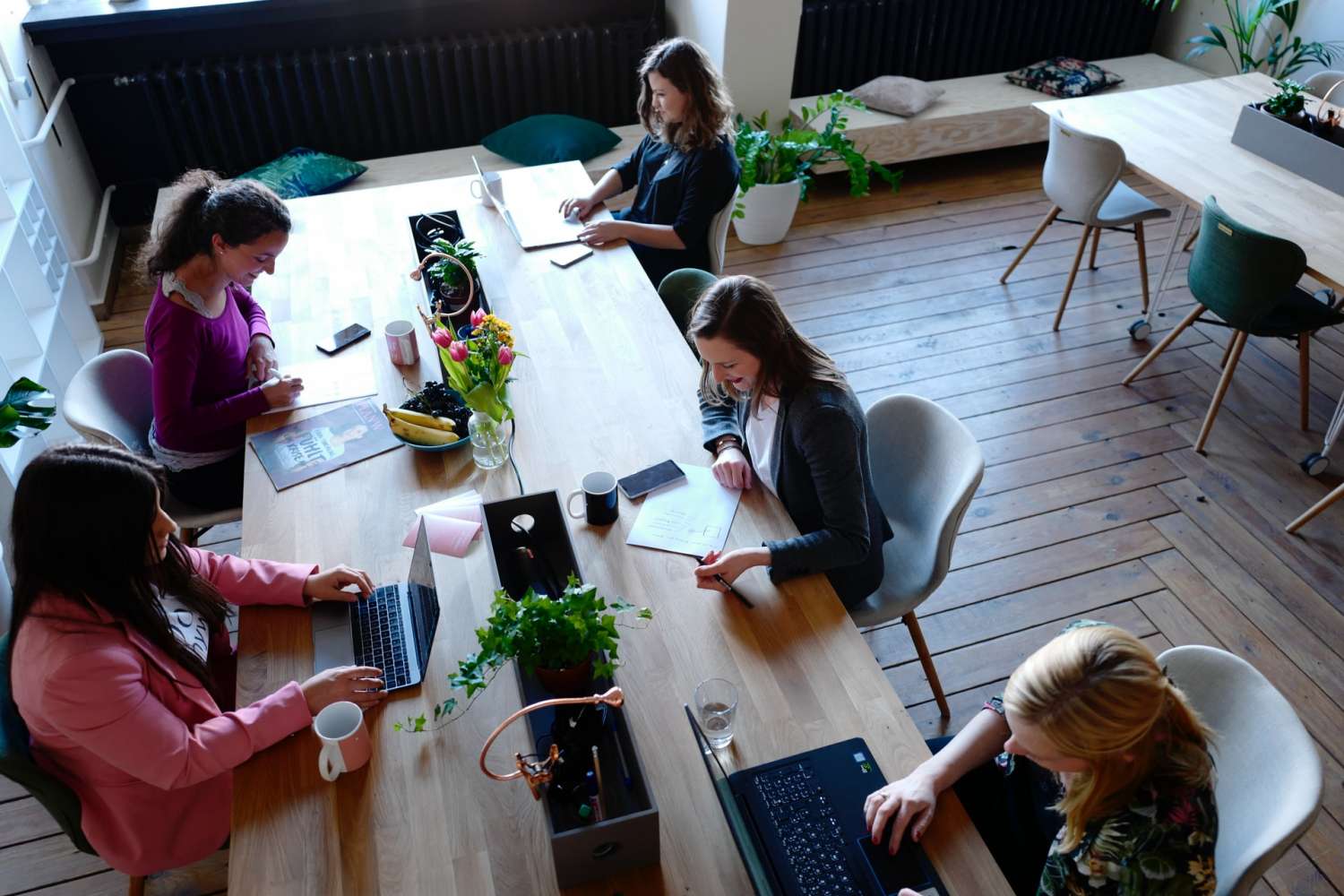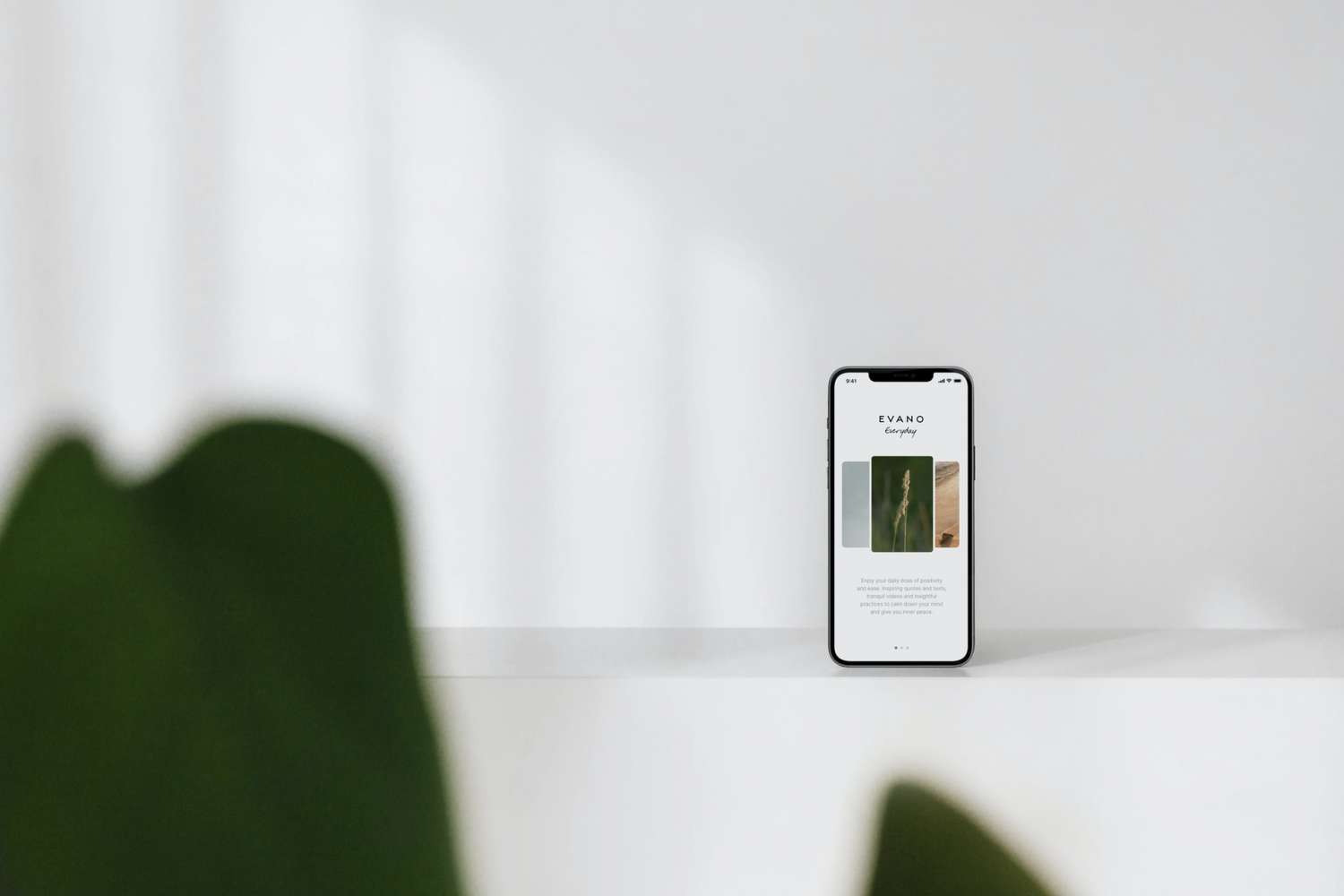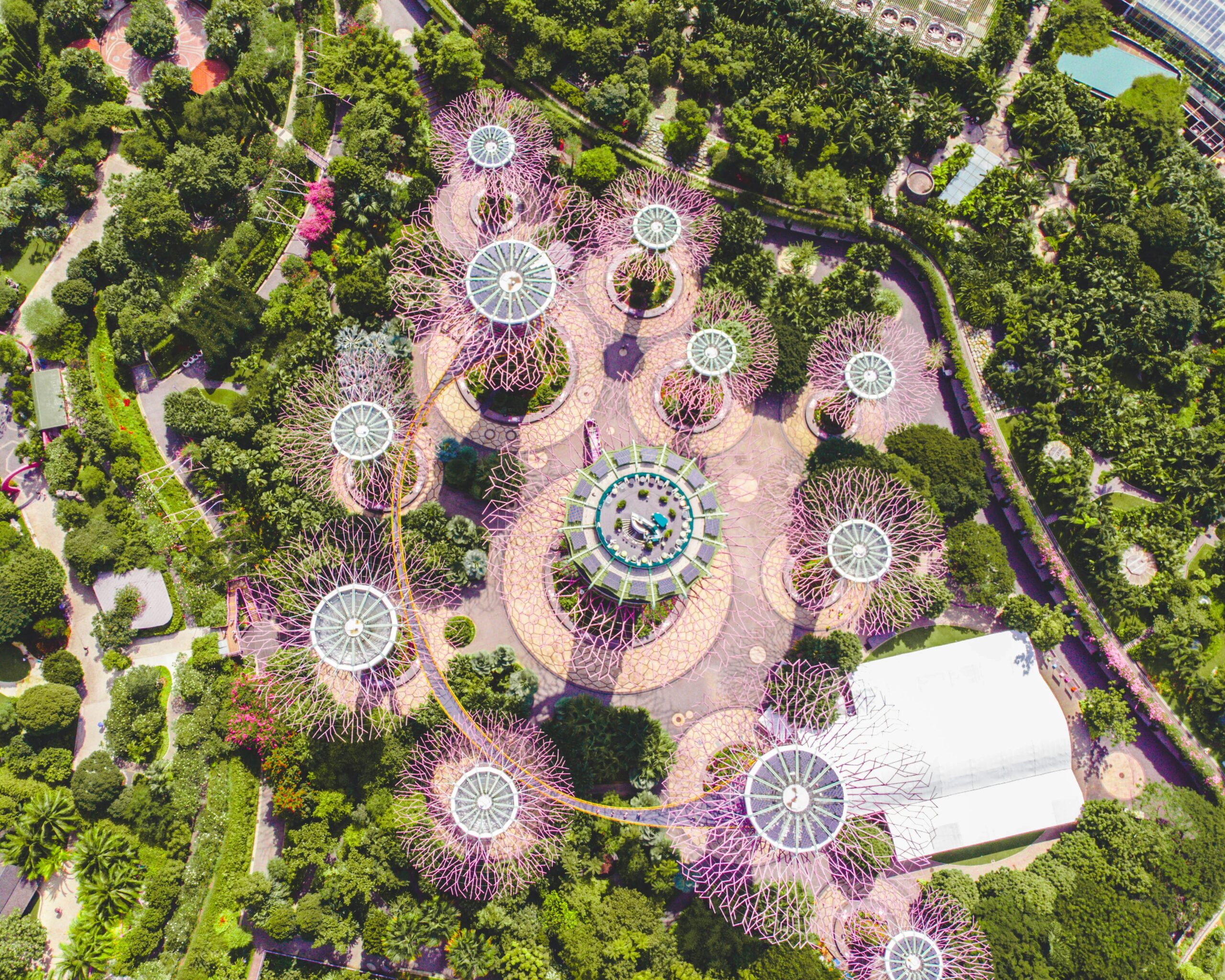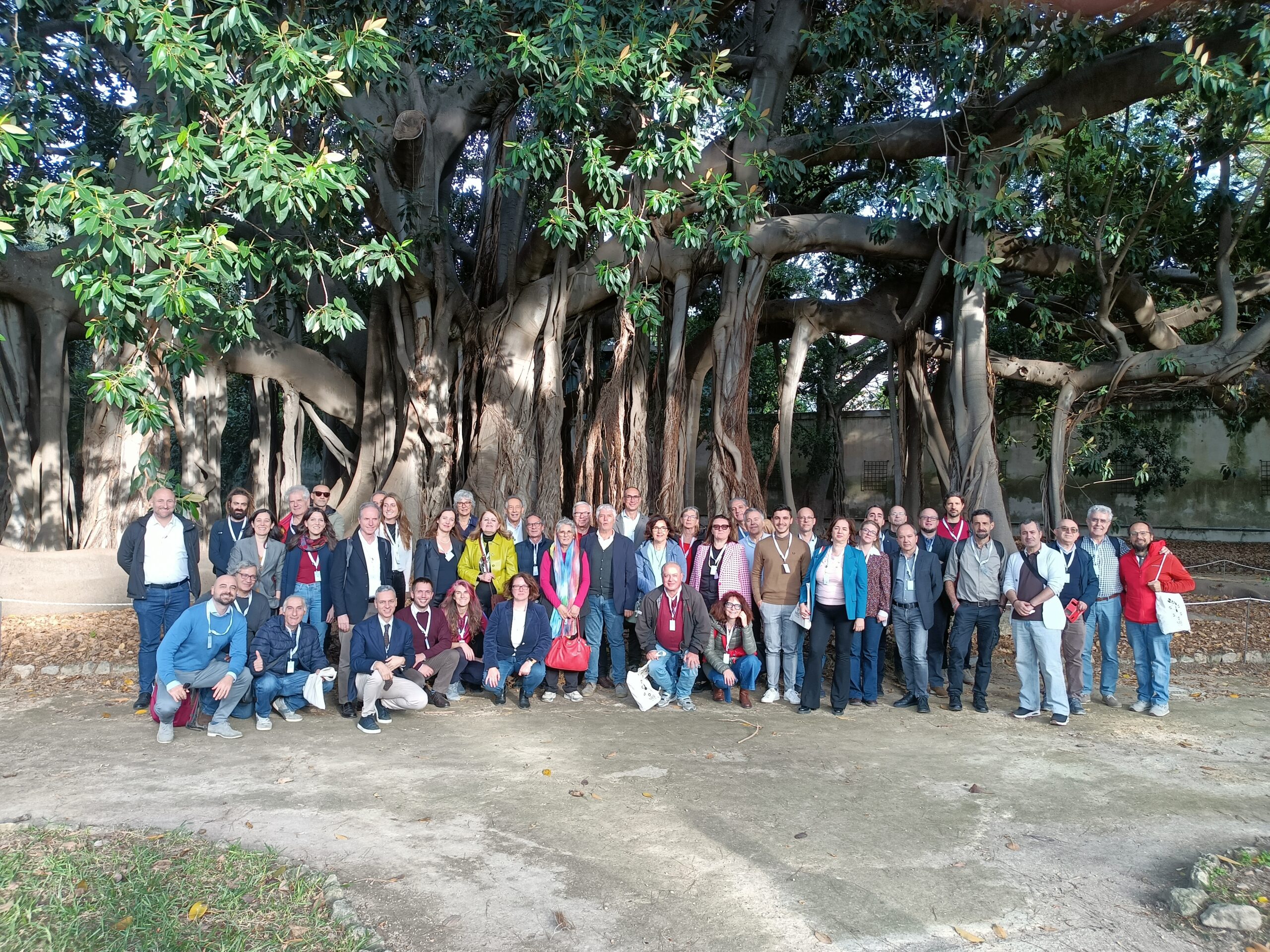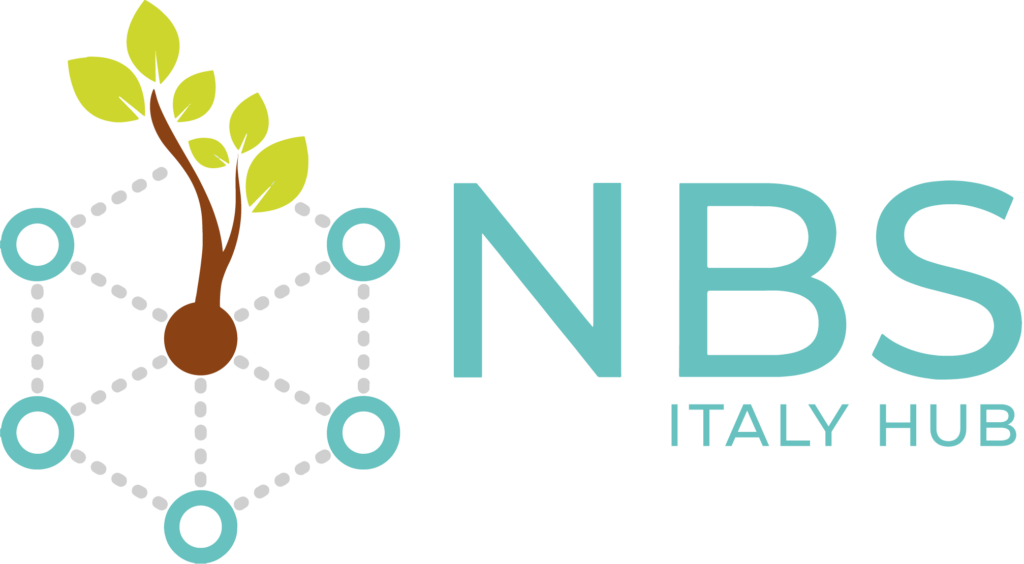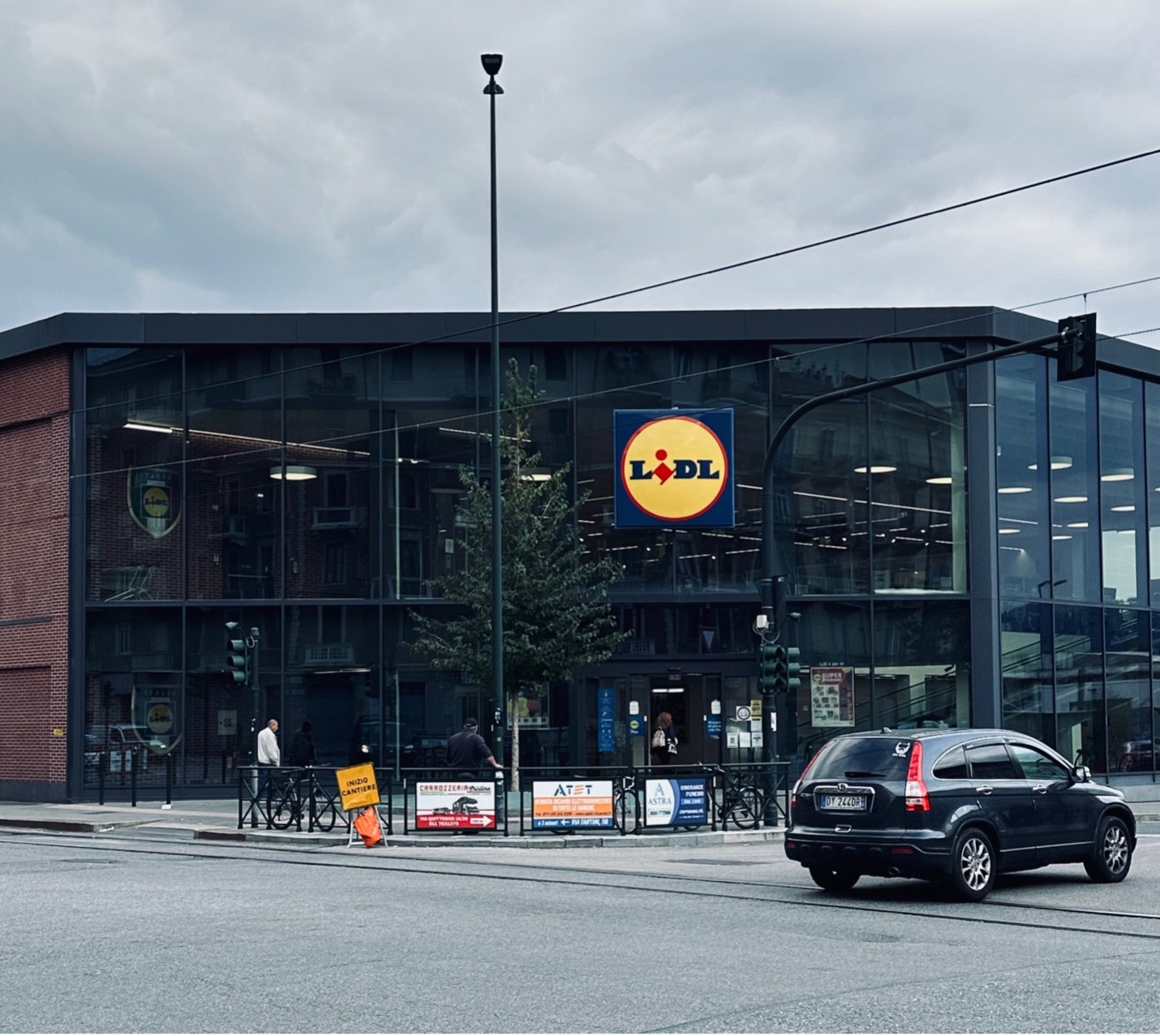
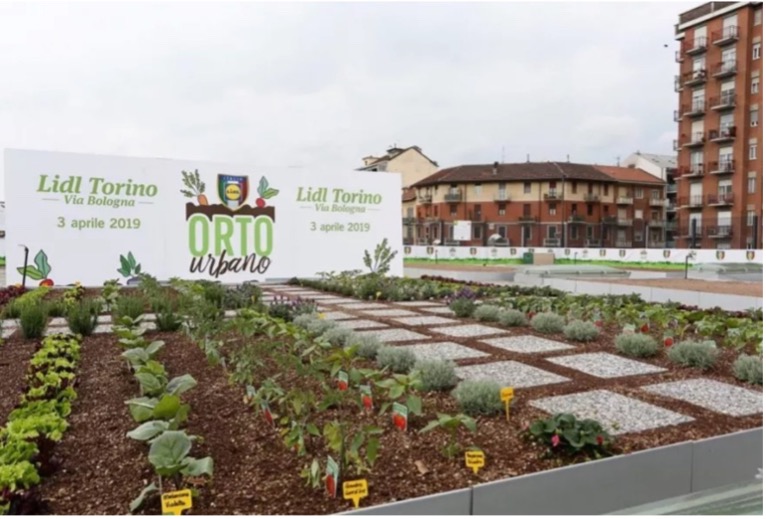
The project began in 2019 but faced setbacks due to the COVID-19 pandemic. Despite these challenges, people from diverse backgrounds and of all ages came together to revitalize the garden. Today, many participants have their own garden plots.
Lidl sponsored the project and fully funded its construction. The initiative not only offers various benefits but also enhanced Lidl’s public image as the first of its stores to feature an urban garden. Additionally, part of the roof is dedicated to solar panels that generate energy for the supermarket. There is also firefighting equipment on the roof. In case of a fire, the equipment would open, allowing smoke to vent into the air.
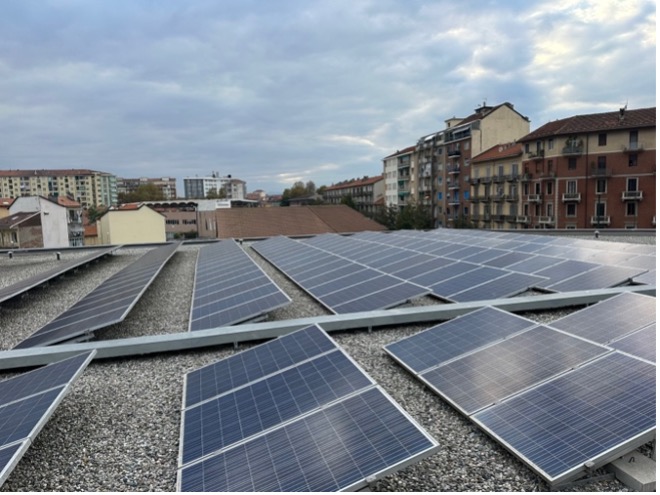
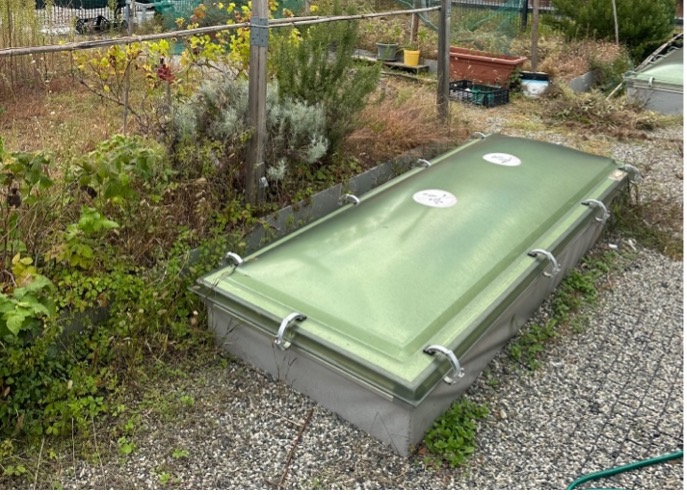
The urban garden has several objectives, with a key focus on social inclusion. It provides a space where individuals can gather, interact, and cultivate their own garden plots without any barriers. Everyone is part of the same community, with equal access to tools and resources. Participants can grow their own fruits and vegetables.
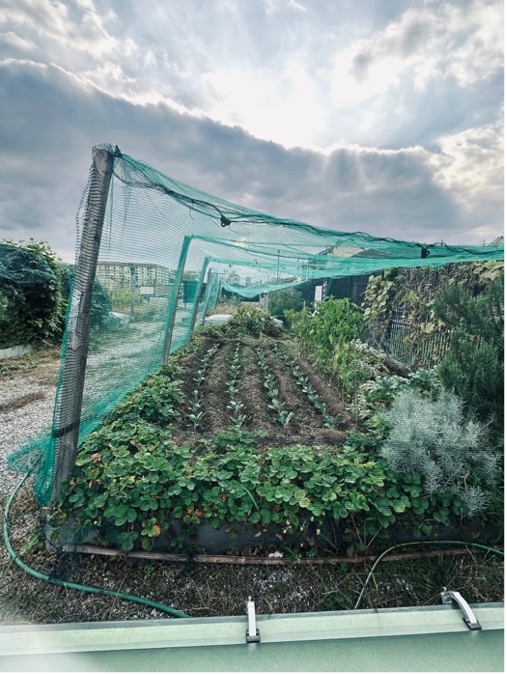
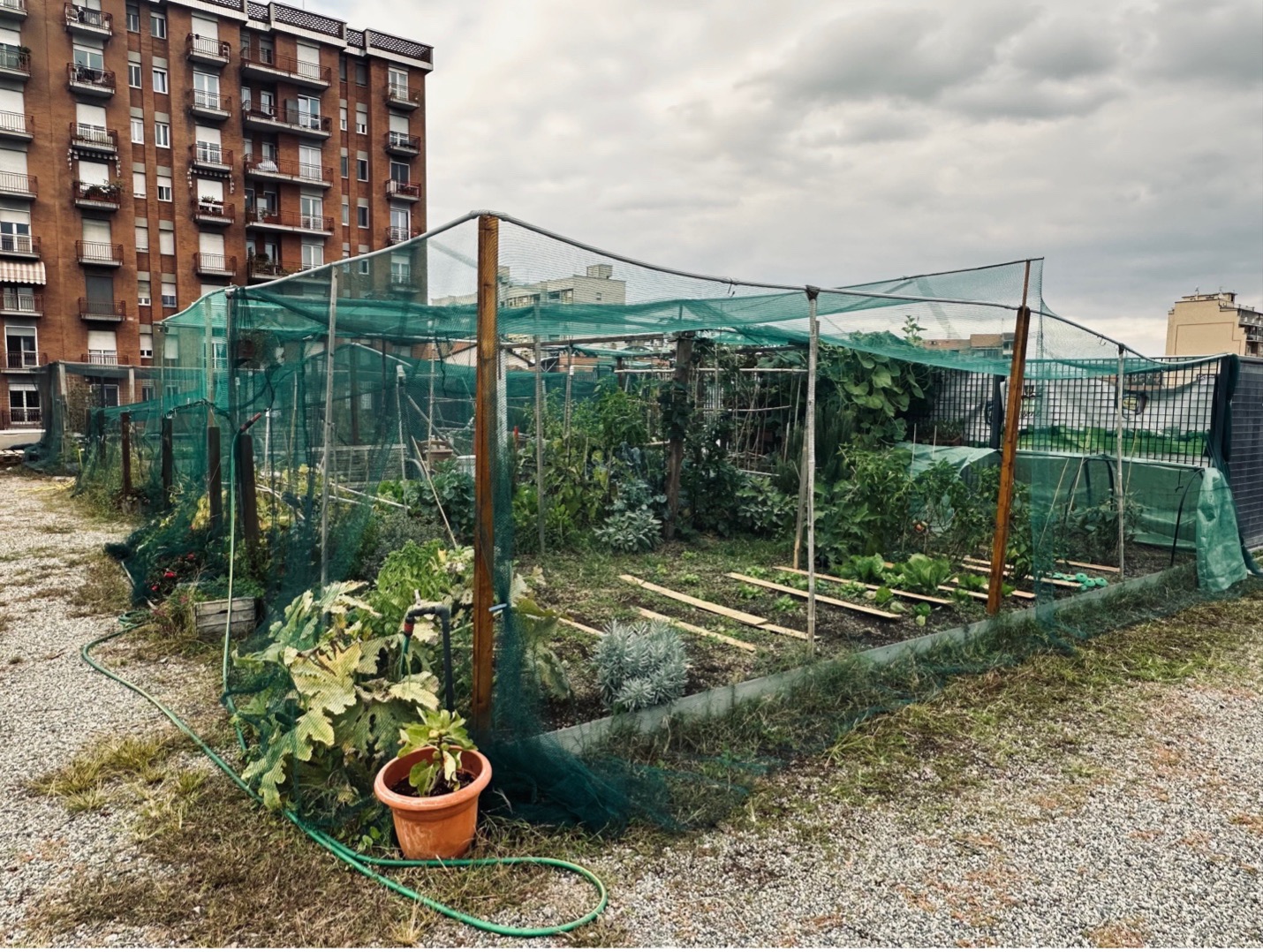
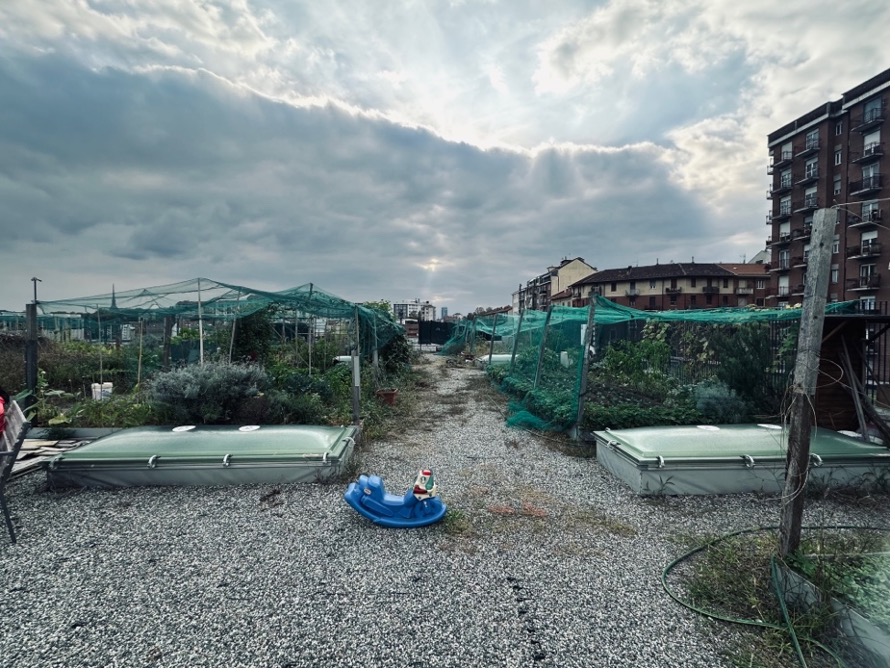
In addition, the garden hosts educational activities. School children occasionally visit to learn about social inclusion and environmental care.
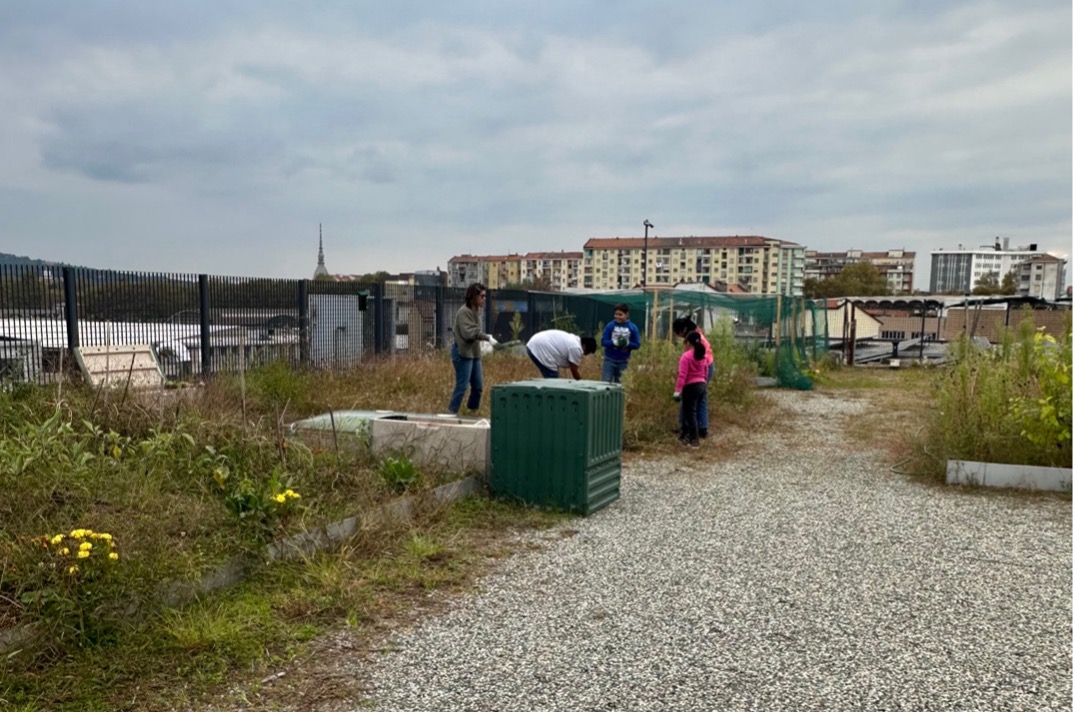
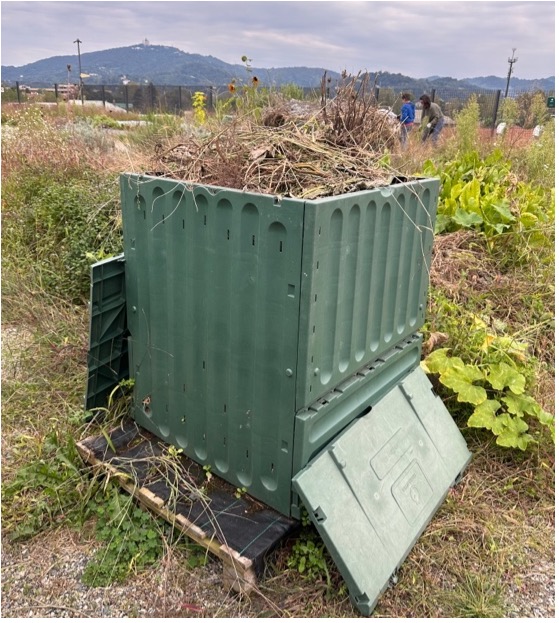
There are some challenges with the project. One issue is accessibility—the rooftop is only accessible by stairs, which makes it difficult for people with disabilities to reach. Another concern is the heat during summer, as there is little shade due to the lack of trees. To mitigate this, sun umbrellas have been placed over the benches.
Maintenance activities are done by the gardeners and are required to pay a fee of 5 to 10 euros per month to the garden manager for upkeep and improvements. For watering the plants, the garden also has a rainwater collection system. Rainwater is collected in tanks, filtered, and used for watering the plants. During the winter, dead plants are placed on the soil to help retain warmth and create a more favorable environment for the remaining plants.
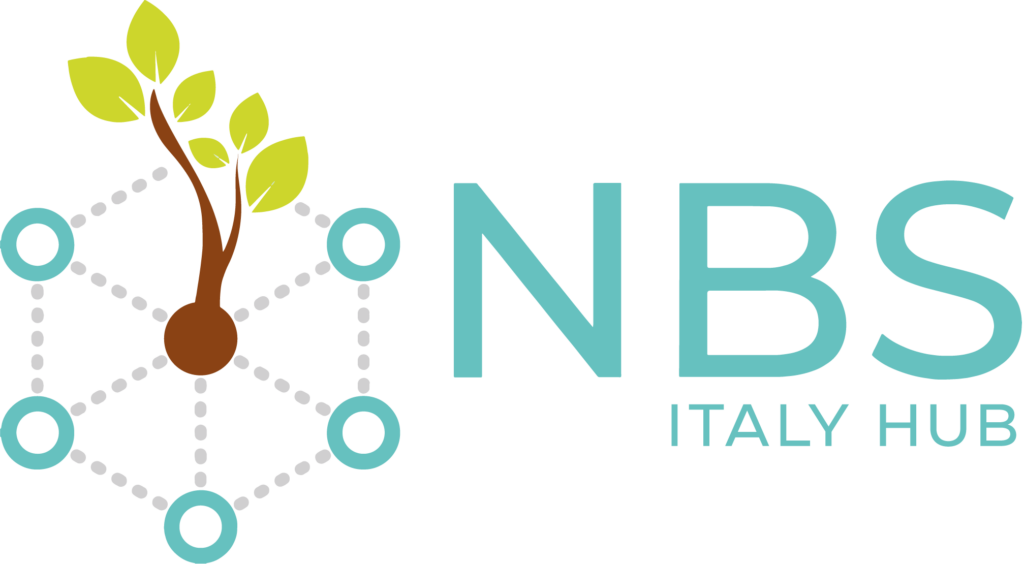

 Italiano
Italiano
